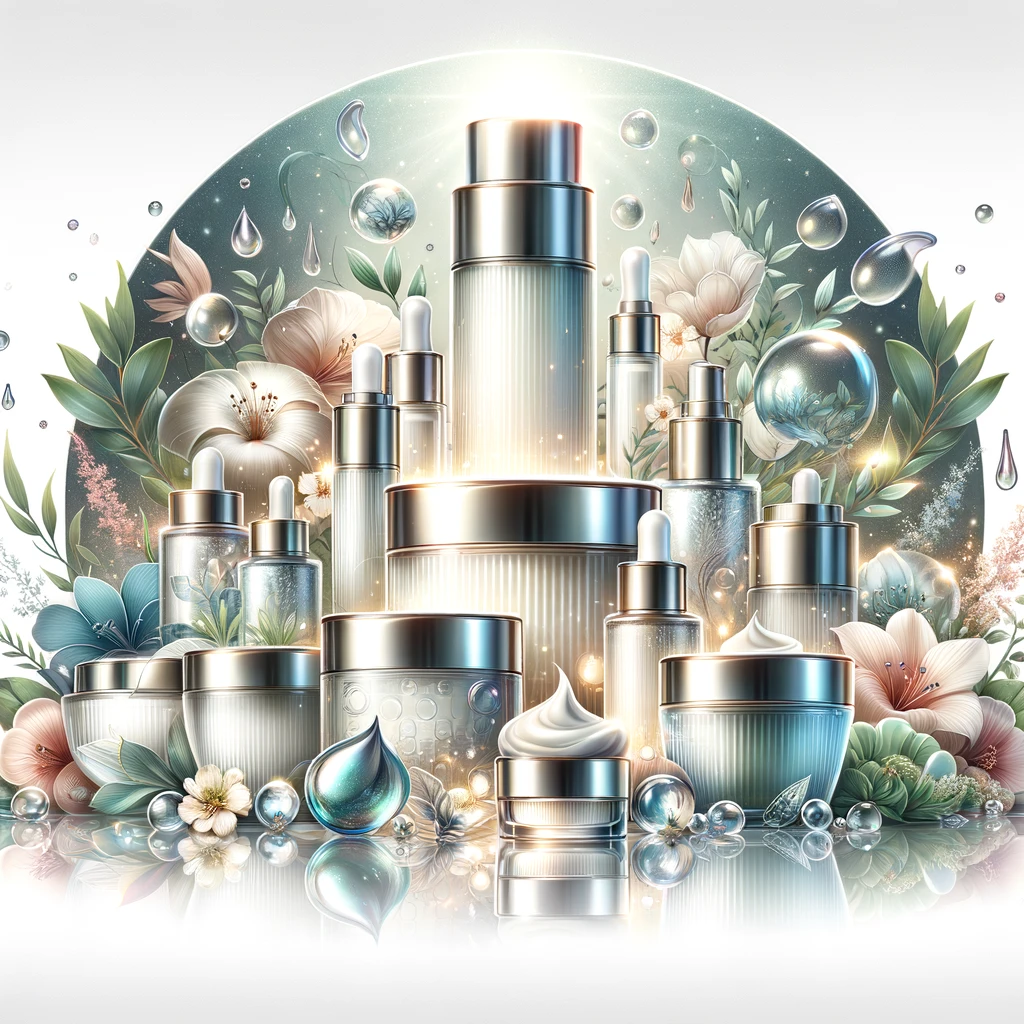
Key Takeaways
-
Aromatherapy can be a safe and effective way to ease pregnancy symptoms and promote well-being.
-
Essential oils do not cross the placenta in significant amounts and are generally safe for the baby.
-
While essential oils can be used during the first trimester, caution should be exercised and only used with a doctor's approval.
-
Not all essential oils are safe for pregnancy, and some should be avoided due to their potential to stimulate contractions or cause allergic reactions. Always consult with a doctor before using any essential oil during pregnancy.
Debunking myths: Aromatherapy is unsafe during pregnancy!
Pregnancy is a wonderful time, but it can also come with some challenges. You may experience nausea, back pain, insomnia, anxiety, and other discomforts as your body changes and your baby grows. If you’re looking for natural ways to ease your symptoms and feel more relaxed, you may have heard about aromatherapy.
Aromatherapy is the use of essential oils, which are extracted from plants, to improve your physical and emotional well-being. You can inhale the oils through a diffuser, apply them to your skin with a carrier oil, or add them to your bath water. Some of the benefits of aromatherapy include:
- Reducing nausea and upset stomach
- Soothing achy muscles and joints
- Enhancing sleep quality and mood
- Relieving stress and anxiety
But is aromatherapy safe during pregnancy? You may have heard some myths that essential oils can harm you or your baby, or that you should avoid them altogether. In this blog, we’ll debunk some of these myths and give you some tips on how to use aromatherapy safely and effectively during pregnancy.
Myth #1: Essential oils can cross the placenta and affect the baby
One of the most common myths about aromatherapy and pregnancy is that essential oils can cross the placenta and reach the baby, causing developmental problems or birth defects. However, this is not true. According to a review of studies, there is no evidence that essential oils can cross the placenta in significant amounts or cause any harm to the fetus.
In fact, some essential oils may have positive effects on the baby. For example, Peppermint oil may also help prevent fetal distress by improving maternal blood flow and oxygen delivery.
Of course, this doesn’t mean that you can use any essential oil without caution. Some oils may be too strong or stimulating for pregnancy, or may interact with medications or medical conditions. That’s why you should always consult your doctor before using any essential oil, and follow the safety guidelines we’ll discuss later.
Myth #2: You can’t use essential oils during the first trimester
Another myth about aromatherapy and pregnancy is that you should avoid using essential oils during the first trimester, when the baby is most vulnerable to external influences. However, this is not true either. There is no scientific evidence that essential oils can cause miscarriage or birth defects during the first trimester.
However, this doesn’t mean that you should use essential oils freely during this period. Some women may be more sensitive to smells and aromas during the first trimester, and may experience nausea, headaches, or allergic reactions. Some oils may also trigger uterine contractions or bleeding, which can be dangerous at any stage of pregnancy. Therefore, you should be extra careful with essential oils during the first trimester, and only use them if you really need them and with your doctor’s approval.
Myth #3: You can use any essential oil as long as it’s diluted
Another myth about aromatherapy and pregnancy is that you can use any essential oil as long as you dilute it with a carrier oil, such as almond, coconut, or jojoba oil. However, this is not true either. Some essential oils are simply too potent or risky for pregnancy, even when diluted.
Some of the essential oils that you should avoid during pregnancy include:
- Aniseed, basil, birch, camphor, clary sage, hyssop, mugwort, oak moss, parsley seed or leaf, pennyroyal, peppermint, rosemary, rue, sage, tansy, tarragon, thuja, thyme, wintergreen, and wormwood. These oils may stimulate uterine contractions, bleeding, or miscarriage.
- Clove, cinnamon, oregano, and thyme. These oils may irritate your skin or mucous membranes, or cause allergic reactions.
- Jasmine and ylang-ylang. These oils may affect your blood pressure or heart rate, or cause headaches or nausea.
If you’re not sure whether an essential oil is safe or not, it’s better to avoid it or ask your doctor before using it.
Myth #4: You can use essential oils the same way as before pregnancy
The last myth about aromatherapy and pregnancy is that you can use essential oils the same way as before pregnancy, without changing the amount or frequency. However, this is not true either. Pregnancy can make you more sensitive to smells and aromas, and may affect how your body reacts to essential oils.
Some of the ways you should adjust your essential oil use during pregnancy include:
- Reducing the amount of essential oil you use. A general rule of thumb is to use half the amount of essential oil you would normally use, or even less. For example, if you usually use 4 drops of lavender oil in your diffuser, use 2 drops or less during pregnancy.
- Reducing the frequency of essential oil use. A general rule of thumb is to use essential oils for no more than 15 minutes at a time, and no more than twice a day. For example, if you usually use lavender oil in your diffuser every night, use it only once or twice a week during pregnancy.
- Avoiding direct skin contact with essential oils. A general rule of thumb is to always dilute essential oils with a carrier oil before applying them to your skin, and avoid applying them to sensitive areas, such as your face, neck, chest, or abdomen. For example, if you usually use peppermint oil for headaches, dilute it with almond oil and apply it to your temples or wrists, instead of your forehead or neck.

Conclusion
Aromatherapy can be a wonderful way to enhance well-being and comfort during pregnancy, especially when used safely and wisely. By debunking common myths about aromatherapy in pregnancy, we aim to empower you with informed choices for a risk-free experience.
Always consult your doctor before using any essential oil and adhere to our safety guidelines. For a natural and effective aromatherapy solution, consider Glomama's Aromumtherapy Anti Nausea Candle. Infused with a lemon poundcake fragrance, this candle is specifically crafted to provide relief from morning sickness.
The candle blends zesty lemon scents with the warm, buttery aroma of pound cake to promote relaxation and ease nausea. Available at Rs. 999.00, it features top notes of sugar, lemon, and lemon peel, middle notes of butter, bakery batter, and coconut, and a base note of vanilla.
Connect with us at glomama for any queries; we're dedicated to supporting your pregnancy wellness. Stay tuned for more insightful pregnancy-related blogs, and enjoy the tranquil benefits of aromatherapy! 😊
FAQ
Q1: Is aromatherapy safe during pregnancy?
A1: Yes, aromatherapy is safe during pregnancy when used correctly and with caution.
Q2: Can essential oils harm the baby during pregnancy?
A2: No, there is no evidence that essential oils can harm the baby when used in moderation and according to safety guidelines.
Q3: Are there any essential oils that should be avoided during pregnancy?
A3: Yes, certain essential oils should be avoided during pregnancy due to their potential to stimulate uterine contractions or cause other complications. It is important to consult with your doctor before using any essential oil.



